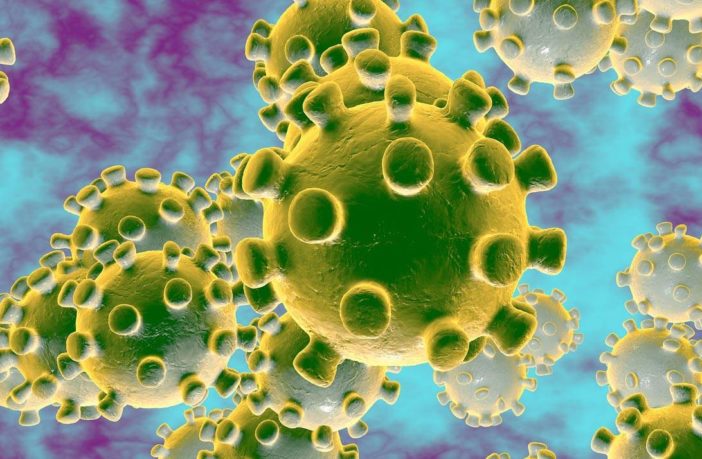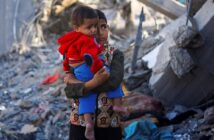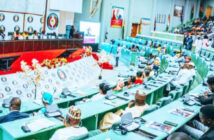A New York man tested positive for the novel coronavirus, bringing the total of confirmed cases in the state to two, officials said on Tuesday, as the number of infections in the United States rose above 100 and the central bank acted to protect the economy.
The 50-year-old man who lives in a New York suburb and works in Manhattan had an underlying respiratory illness and is hospitalized, Governor Andrew Cuomo said at a news conference. He said the patient had not travelled to countries hardest hit in the worldwide coronavirus outbreak.
As of Monday evening, six people in the United States had died of the illness associated with the virus, all in Washington state, health officials said.
There are now 108 people in 12 states with confirmed cases, including 11 through person-to-person transmission, according to U.S. health officials.
The suburban Westchester County man was in serious condition, New York City Mayor Bill de Blasio said in a statement, adding that the confirmation was made by the city’s public health laboratory on its first day of testing.
“With the results confirmed within a number of hours, we were immediately able to take next steps to stop the spread of this virus,” de Blasio said. “We have said from the beginning that it is likely we will see more positive cases of the coronavirus.”
Previously, all testing was conducted by the federal Centers for Disease Control and Prevention (CDC), a process that created in a delay of several days before the result was known.
U.S. Food and Drug Administration Commissioner Stephen Hahn told Congress that testing kits should be available by the end of the week that would give labs the capacity to perform about 1 million coronavirus tests.
Public health officials across the country are focused on prevention efforts and federal regulators approved an emergency order to make more face masks available to health workers.
The U.S. House of Representatives is aiming for Wednesday to debate a multi-billion-dollar bill providing emergency funds. U.S. President Donald Trump on Tuesday said his administration was working with Congress to pass an emergency spending measure, adding that he expects lawmakers to authorize about $8.5 billion.
Following a sell-off in markets last week on fears of the impact of the virus on the global economy, major indexes have recovered somewhat this week.
Nevertheless, on Tuesday the U.S. Federal Reserve cut interest rates in an emergency move designed to shield the world’s largest economy from major disruptions. The Fed said it was cutting rates by a half percentage point to a target range of 1.00% to 1.25%.
The U.S. Department of Homeland Security (DHS) closed an office in Washington state for 14 days on Tuesday after an employee had visited a family member at a nursing home in the Seattle suburb where four residents have died.
The public transportation agency in New York, the most densely populated major U.S. city of more than 8 million, said on Twitter it was deploying “enhanced sanitising procedures” for stations, train cars, buses and certain vehicles.
The New York Metropolitan Transportation Authority (MTA) said it would disinfect surfaces from subway ticket machines to turnstiles daily, and its full fleet every 72-hours.
There are more than 90,000 cases of the new coronavirus globally, with more than 80,000 in China. China’s death toll is 2,943, with more than 125 deaths elsewhere as 77 other countries and territories have reported cases of the respiratory disease.
American Airlines Group Inc, the largest U.S. carrier, on Tuesday said it was suspending all remaining flights to South Korea – scene of the largest coronavirus outbreak outside of China – through April 24.




